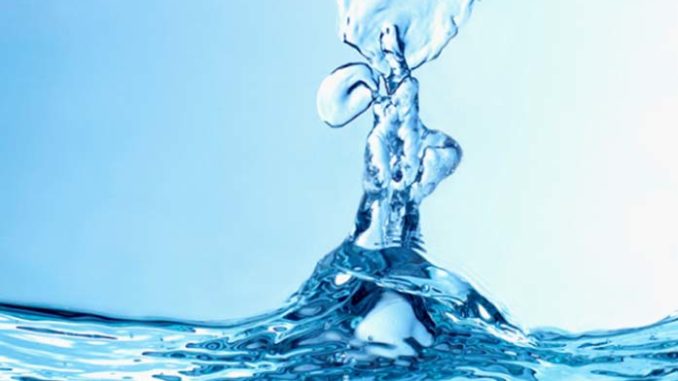
Whether it’s a backyard pool, a clubhouse pool, or a community pool, the loosening of COVID-19 restrictions has many kids, and their parents, looking forward to hitting the water for physical activity, socialization, and life-saving swimming lessons.
But a national shortage that comes hand-in-hand with huge prices increases should prompt anyone with a pool to start calculating how much chlorine they have on hand and how much more they will need to get through the summer.
Last year saw one of the largest one-year increases in new residential pool set-ups and installations. And with so many states imposing lockdowns and stay-at-home orders many families utilized their pools more than ever in 2020.
But the expected chlorine shortage is not due to demand side issues, according to industry officials. Instead, it’s because of problems on the supply side. And that will mean higher costs -and fewer options- for pool owners, whether they have backyard pools or highly used school or municipal pools.
The major culprit in the low supply problem was a massive fire which raged through a BioLab plant in Louisiana last August. At the, the company controlled a large market share of chlorine products, especially the popular stabilized chlorine tablets.
No one was seriously injured in the fire, which led to the release of toxic chlorine gas spread in the winds of Hurricane Laura. The state’s governor warned residents to stay indoors, close their windows, and not use air conditioners despite the summer heat.
With the BioLab plant still shut down, other manufacturers already hard at work in response to demands for COVID-19 disinfectant products have simply been unable to pick up the slack. The forecast is for a shortage of recreational use chlorine products coming at the start of what is expected to be a higher-than-normal summer demand just as social distancing restrictions are loosening.
The result, according to Fortune Magazine, could be a doubling of retail prices by June for 50-pound buckets of stabilized chlorine tablets, which have already gone up from $109 to $170, the magazine reported. Similar price increases are expected for liquid chlorine as those supplies start to run low.
Some pool supply companies are limiting sales to avoid the type of hoarding experienced last year with toilet paper and hamburger. Meanwhile, pool sales companies are working with suppliers to ensure they have a reliable supply to provide to new customers.
Arizona’s cities and towns are also taking a proactive approach, although higher costs could force some communities to restrict pool hours that were already likely to be impacted by continuing COVID-19 concerns. Which leaves fewer options for those who rely on school and municipal pools for workouts, and less play time for kids already deprived the last year of swimming’s physical and social benefits.
